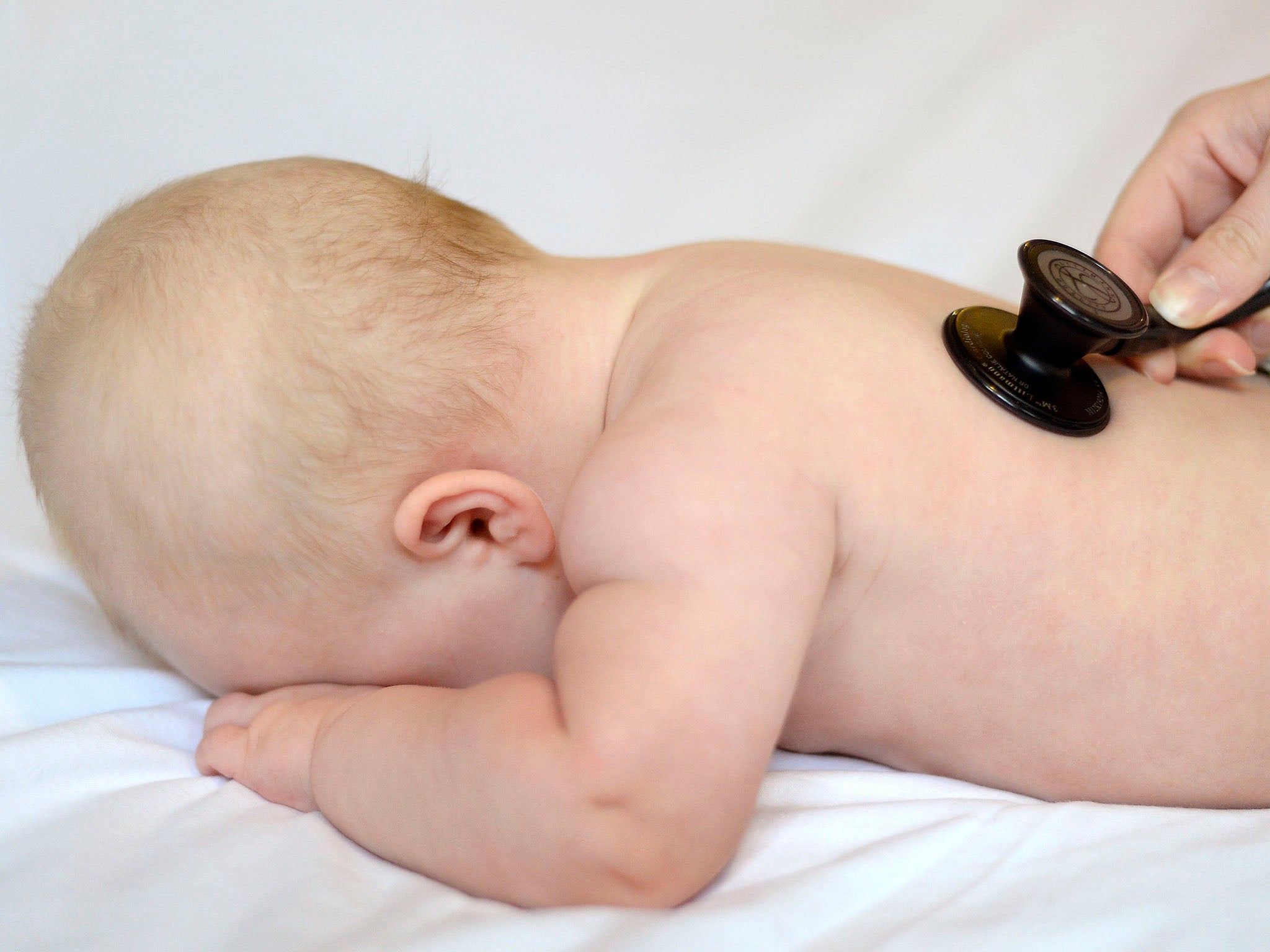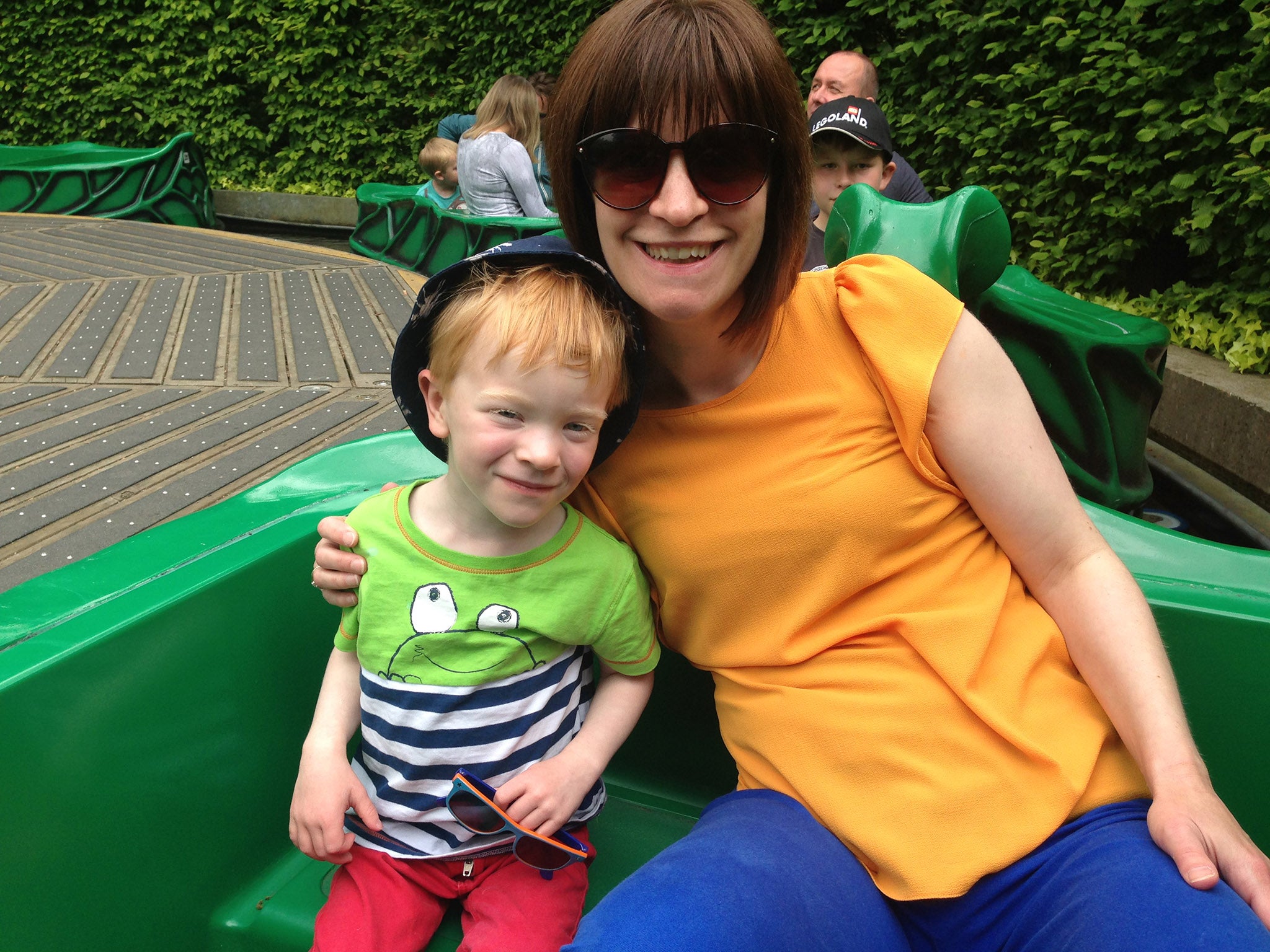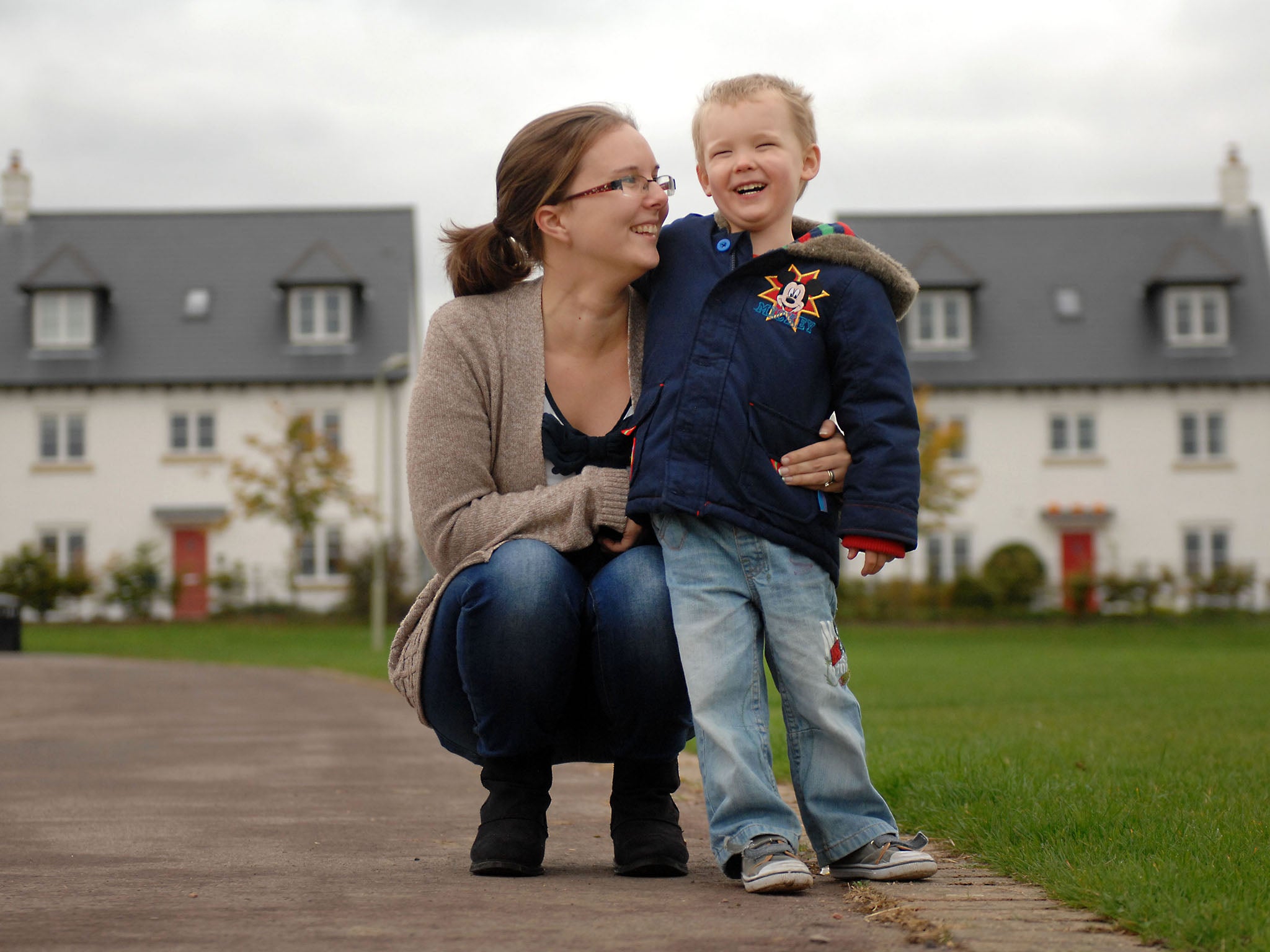Neonatal units: Almost two-thirds lack enough doctors to meet national standards, says new research
Three mums describe what happens when what should be one of the happiest days of their lives soon becomes traumatic

Your support helps us to tell the story
From reproductive rights to climate change to Big Tech, The Independent is on the ground when the story is developing. Whether it's investigating the financials of Elon Musk's pro-Trump PAC or producing our latest documentary, 'The A Word', which shines a light on the American women fighting for reproductive rights, we know how important it is to parse out the facts from the messaging.
At such a critical moment in US history, we need reporters on the ground. Your donation allows us to keep sending journalists to speak to both sides of the story.
The Independent is trusted by Americans across the entire political spectrum. And unlike many other quality news outlets, we choose not to lock Americans out of our reporting and analysis with paywalls. We believe quality journalism should be available to everyone, paid for by those who can afford it.
Your support makes all the difference.More than 77,000 babies born in England each year depend on neonatal care to survive and thrive, yet research out this week revealed almost two-thirds of neonatal units do not have enough specialist nurses or doctors to meet national standards.
The charity Bliss said sick babies’ lives are being at risk as dedicated, hardworking neonatal staff are being forced to cope with consistently high demand with far too few resources.
Demand for neonatal care is increasing yet the Bliss baby report, having heard from neonatal units, transport services and parents across the country, found a service “hanging in the balance” and struggling to cope with increasing demand.
Around 2,140 more nurses are needed to give babies the best chance of survival and improved long-term health, it said. Other recommendations include further investment in neonatal care so that hospitals are able to recruit the nurses, medical staff, mental health workers and other allied health professionals to meet appropriate safety levels.
Despite standards of good practice established set by the Department of Health and the NHS in 2009 in their Toolkit for High Quality Neonatal Services many neonatal units are still failing to meet those targets six years on.
Here, three mums describe their experience of what happens when what should be one of the happiest days of their lives soon becomes something altogether more traumatic.
Emily Bird-Boughen, 37, from Charlton, London. Her son Finlay was born at 27 weeks in September 2011.

Emily had been at the Labour party conference in Liverpool, in her role working for the National Housing Federation, when she noticed bleeding at her hotel one evening. She was taken to Liverpool Women’s Hospital where it was soon decided she should be induced as a large team of specialists were on hand to give Finlay the best chance of survival. He weighed 2lbs 7 oz at birth – a little heavier than a 1kg bag of sugar.
The teaching unit is one of the biggest neonatal units in the country and provided “gobsmacking level of expertise and care” over the next seven weeks.
When he was well enough to be moved Finlay was transferred to Lewisham Hospital for a week before moving to the Queen Elizabeth Hospital in Woolwich, nearer the family home in Charlton, London. Although staff on hand were also excellent, the lack of numbers resulted in a very different experience.
Because Finlay was born two months early, deteriorations in his condition were not infrequent events. The most terrifying incident took place in Woolwich when Finlay stopped breathing. As a new arrival he had been placed in a separate room from other babies to prevent possible infection, but it meant infrequent checks which Emily raised concerns about.
“I was just about to leave when alarms started going off. You hear them all the time in a place like that and you always think it’s your baby – this time it was. I knew nobody would be able to hear his monitors were going off.
“I could see he had gone grey and wasn’t breathing. If I’m honest it looked like he was dead so I screamed for help. A nurse whose face I’ll never forget came immediately and resuscitated Finlay as I was taken away. The consultant came immediately and stabilised him. He needed four blood transfusions as he gradually improved.”
Emily believes had more specialist nurses been available the incident may have been prevented.
“Nobody noticed what was happening to him. That’s why you need staff on hand to spot when he was deteriorating so they could act quickly. At Woolwich the staff did not have the time and space they needed to be with every baby as much as they needed to be.
“When we talk about the Bliss report and safe levels of care we are not talking about a health and safety issue, or something peripheral, we are talking about that really fine line between life and death for these babies.
“The proportion of units saying they do not have enough staff is absolutely shocking to me. If the NHS can’t be there to look after the sickest, smallest, most vulnerable babies, what on earth is it for?”
Hazel Whiteland from Whitely, Hampshire. Her son Thomas was born at 33 weeks in January 2012.

Hazel’s plans to give birth at a midwife led unit in the New Forest were scuppered when what she thought was back pain turned out to be labour pains. Arriving at hospital with a retained placenta, she was wheeled through to the neo-natal unit at Princess Anne Hospital, Southampton, where Thomas was handed over with her notes while the ambulance crew explained everything to the doctor.
“That was about 8.30pm and I didn’t see him again until around 11.30 the next morning when I went down to neonatal for the first time,” Hazel said. “The nurses were great and I didn’t have any issues with staffing levels and people caring for Thomas. But I didn’t see a consultant until the day I left – two weeks after arriving.
“We were told quite early on that Thomas was fine and would be out in a couple of days. But every time we went to see him you could see he was still in the incubator, and told ‘it will be just a bit longer’, so it we weren’t the most informed had we would have been if we had seen a consultant.”
Looking back, Hazel is surprised at the lack of psychological support. “I didn’t need it, but knowing now the difference between people who have full-term babies and those who have premature babies with the likelihood of needing support for post-natal depression, for example, I thought it should have been more readily available than it was. Had I needed that help I might not have got it.”
Emma Quinton, 28, from Ware, Hertfordshire. Her son Isaac was born at 35 weeks in March 2014.
Emma had a choice of two hospitals and went with Addenbrooke’s based on its reputation and size. “I was completely unprepared for a premature birth. No one ever, in all the classes, tells you that babies sometimes come early.”
Isaac weighed just 5lbs and was whisked away after the birth into a specialist unit. It was four hours before Emma could go and see him in the incubator, lying on his front with a mask over his face. His closed eyes were the only visible part of his face.
“I don’t think anything can really prepare you but it would have been nice to have been given some information and know what to expect. It was all a bit overwhelming. The nurses were great and do a fantastic job, but there are just not enough of them. They’re under pressure running around trying to cover everything and keep an eye on all the babies.
“It was day three by the time I got to hold Isaac. We got a quick word each morning as to what happened overnight but the nurses are so busy they weren’t able to give you a proper run down. More nurses would mean more support but very often the nurses don’t have the proper support themselves.”
During Isaac’s two-week stay in hospital, the Quintons saw a doctor every other day and try to grab them during a handover. “That wasn’t the best time to speak either because they are concerned with the handover, but if we could ask something we would. They do a good job but you feel like you’re missing out and feel like you can’t really do anything when you get to the unit sometimes. You just have to sit by their bedside.”
Emma had actually discharged herself after one day. “The ward was just horrible. The midwives were so short-staffed and being sat on a ward with every other parent with their babies when yours is down the corridor is not nice. You’re waking up in the night and hearing other babies crying, mentally it’s not good but there was no psychological support
“It is a very difficult subject that I don’t think has any easy answers, a good start to improve things would be more funding but the training and support needs to be there too. Luckily, although our experience was traumatic we had a happy outcome. We did witness parents who were not so fortunate though.”
Join our commenting forum
Join thought-provoking conversations, follow other Independent readers and see their replies
Comments